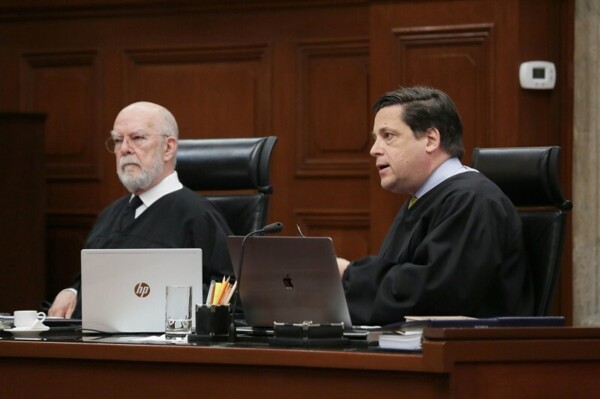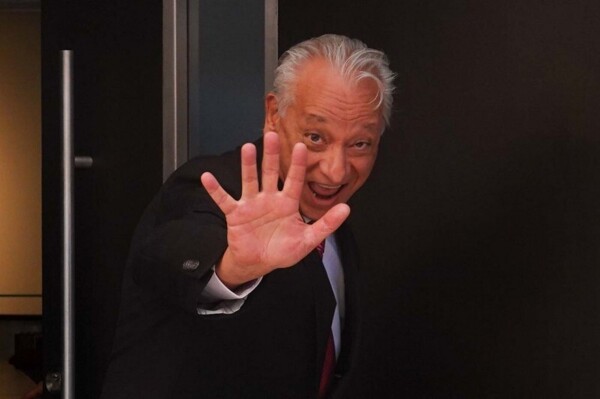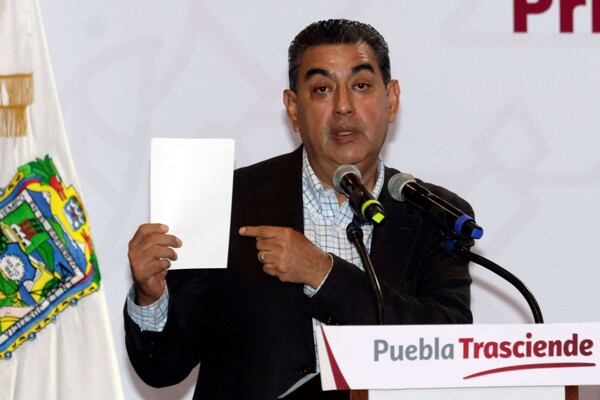
Since 1994, the Supreme Court of Justice of the Nation of Mexico has received only three requests to review the constitutionality of a constitutional reform. Minister Luis González Alcántara Carrancá presented this information in a project on judicial reform, revealing that the third request was submitted by the Morena party in 2016, activated by Andrés Manuel López Obrador, who at that time was the national leader of the party.
Finding the file revealed that López Obrador requested the revision of the Constitution before the highest court, something that in 2024 is considered impossible for Judicial Reform. In AMLO's arguments from 2016, it is emphasized that the Court could review a constitutional reform if it was deemed to violate human rights of a political nature, based on international jurisprudence.
Lawyer José Mario de la Garza analyzed the arguments originally presented by López Obrador and compared them with the current position of Morena and its allies in 2024. Questions arose about why in 2016 it was considered that the Reforming Power of the Constitution was not sovereign and why a control of the SCJN was advocated in case it exceeded its limits or transgressed human rights.
The apparent hypocrisy of the government in demanding maximum control of constitutionality when its political interests required it in 2016 is highlighted, to now seek to eliminate any possibility of control over constitutional norms. The incongruity of the proposed reform is criticized, labeling "constitutional supremacy" as an attempt to erase the history that exposes them and to mortgage the future of rights for political convenience.














